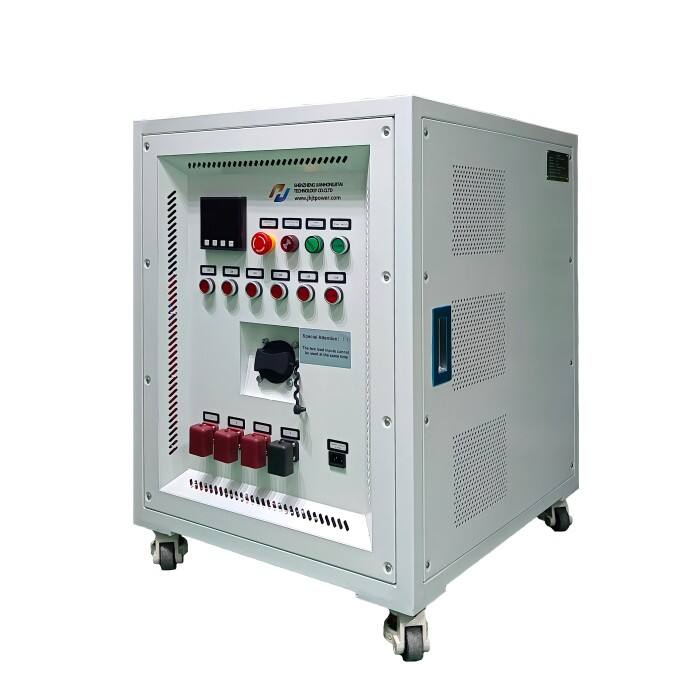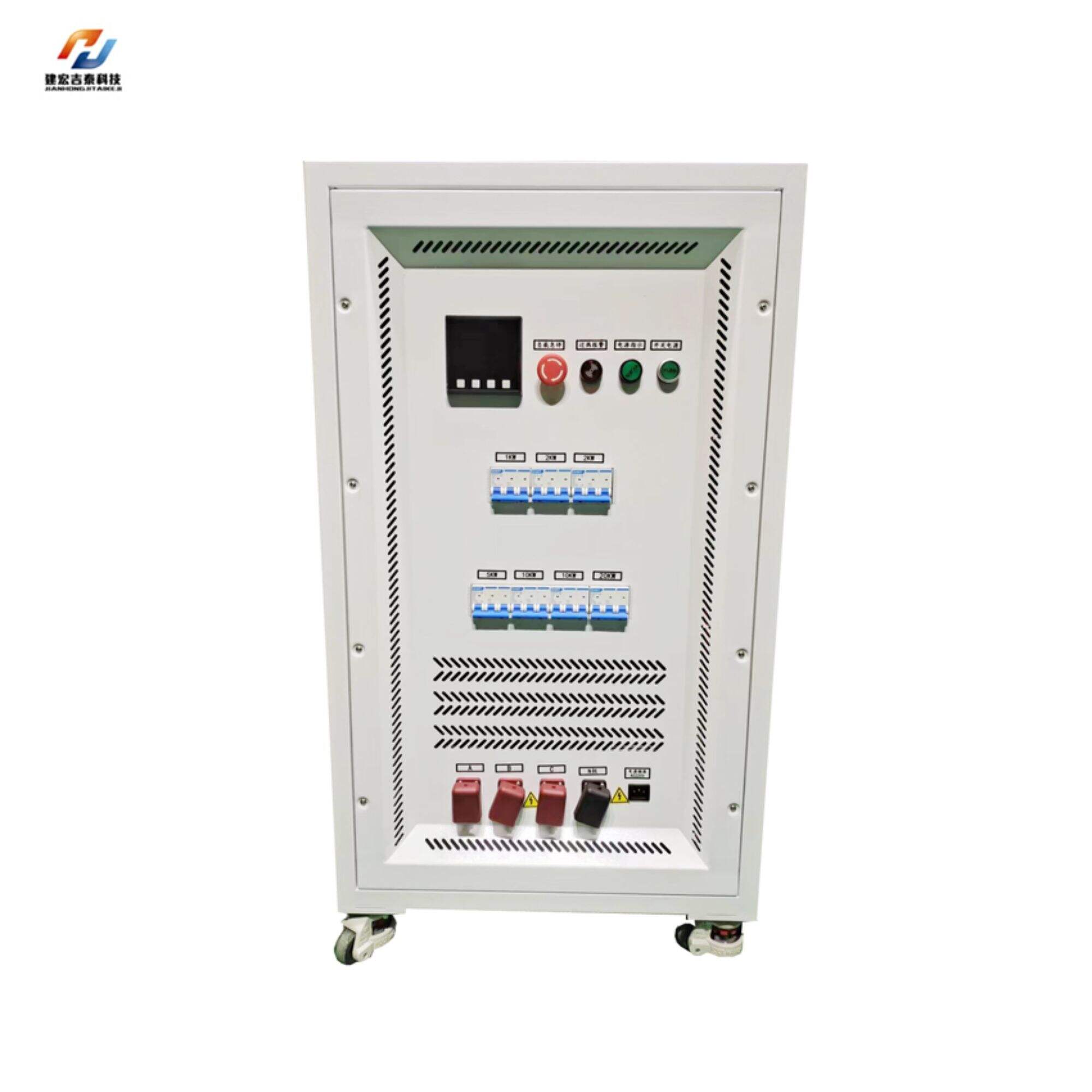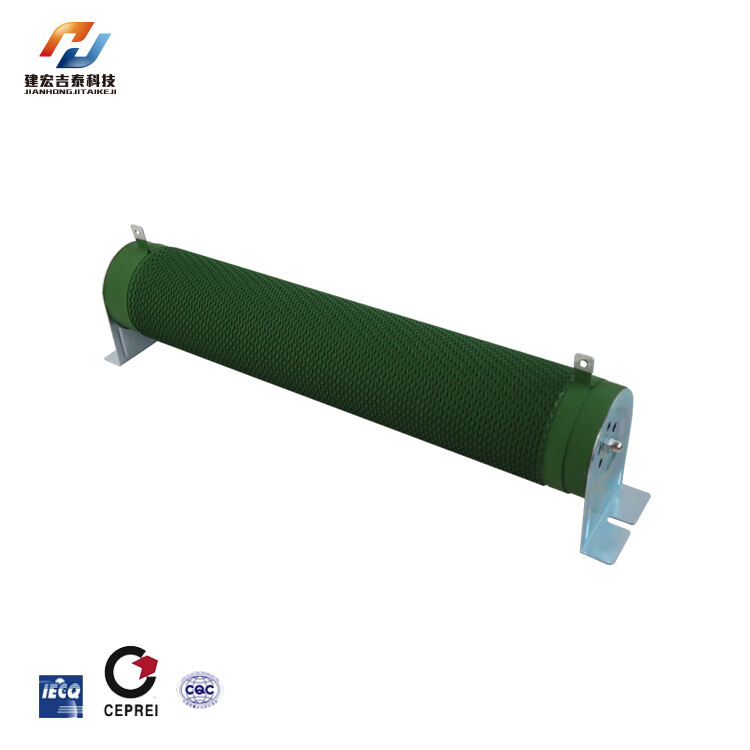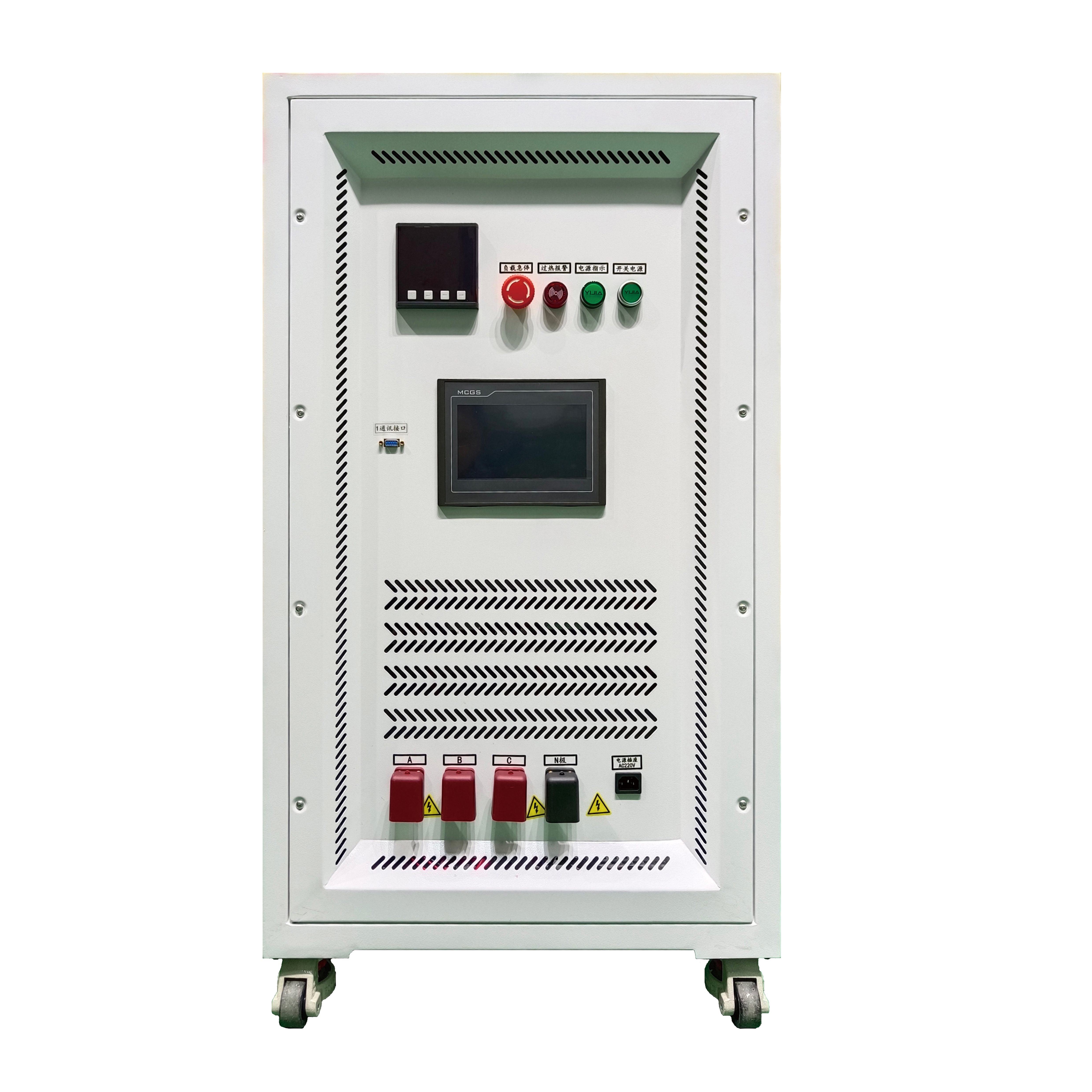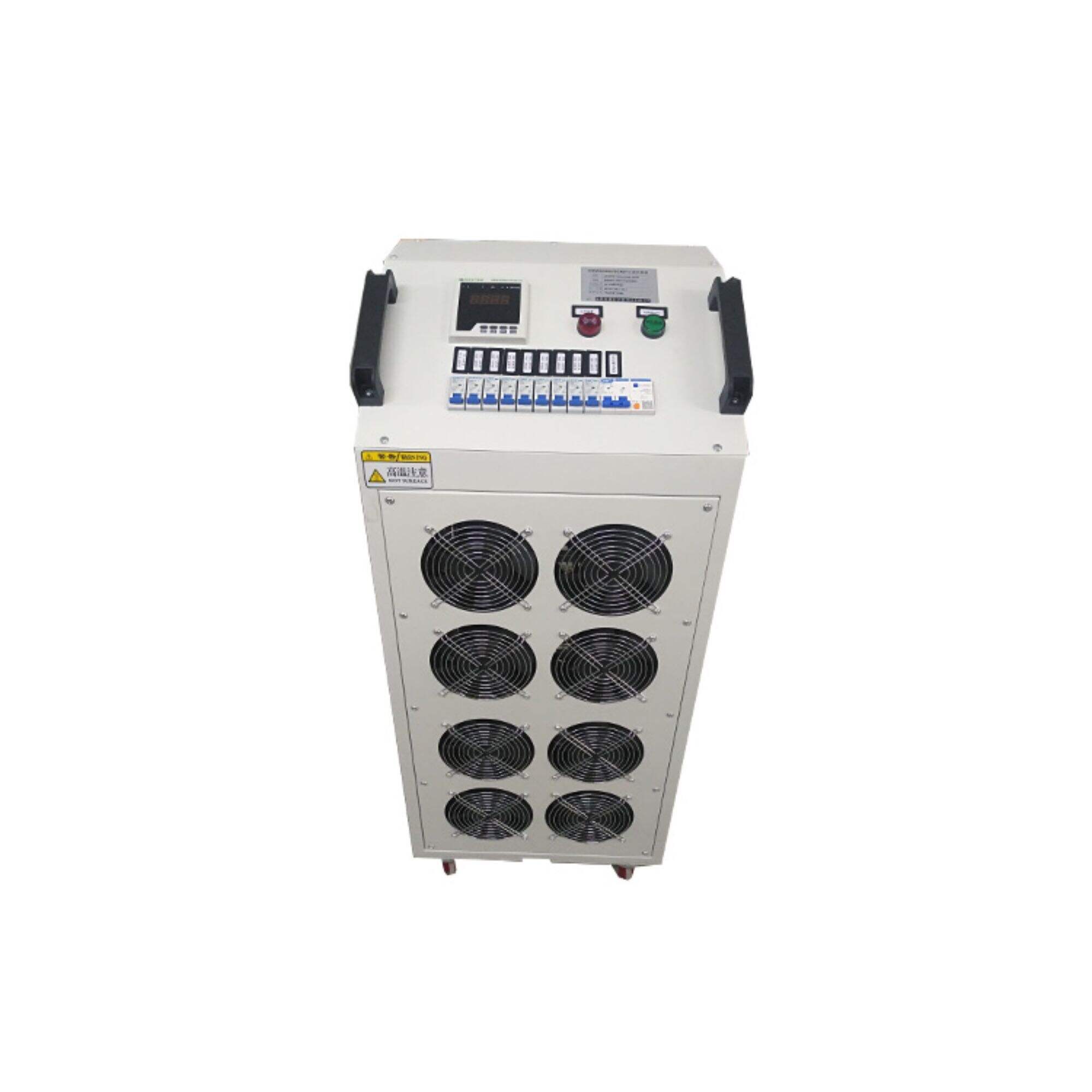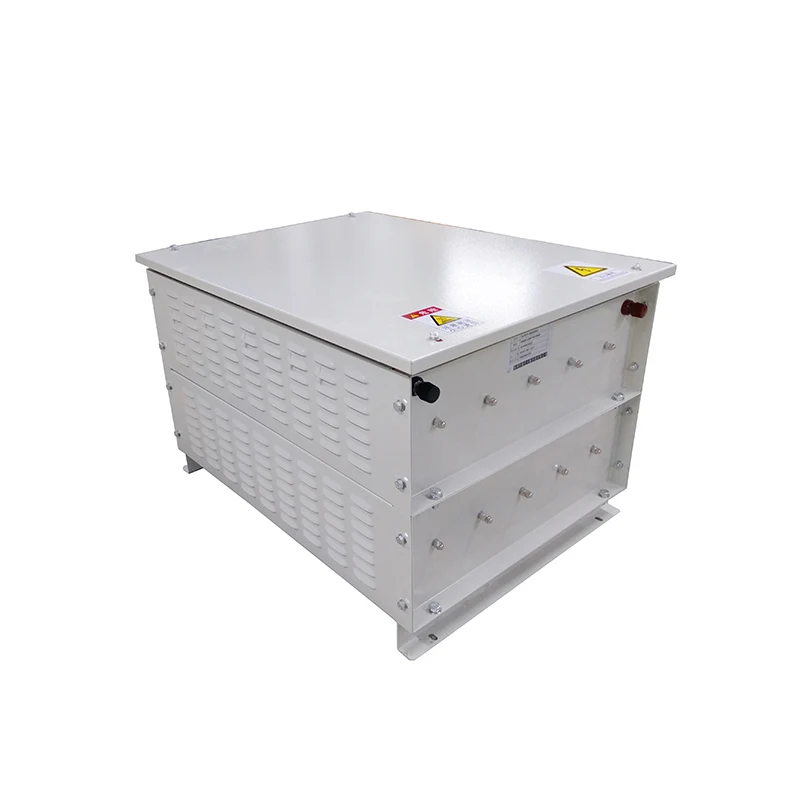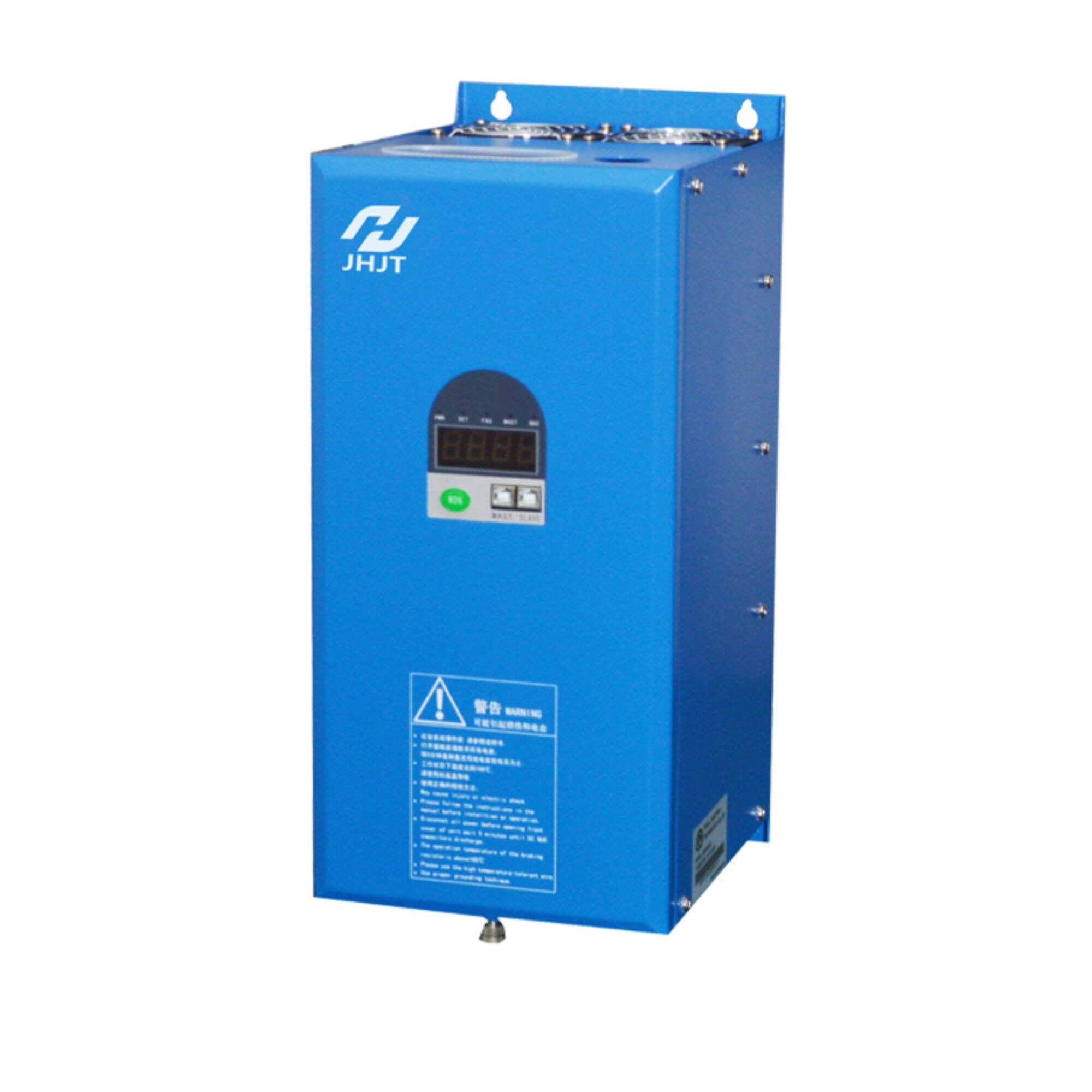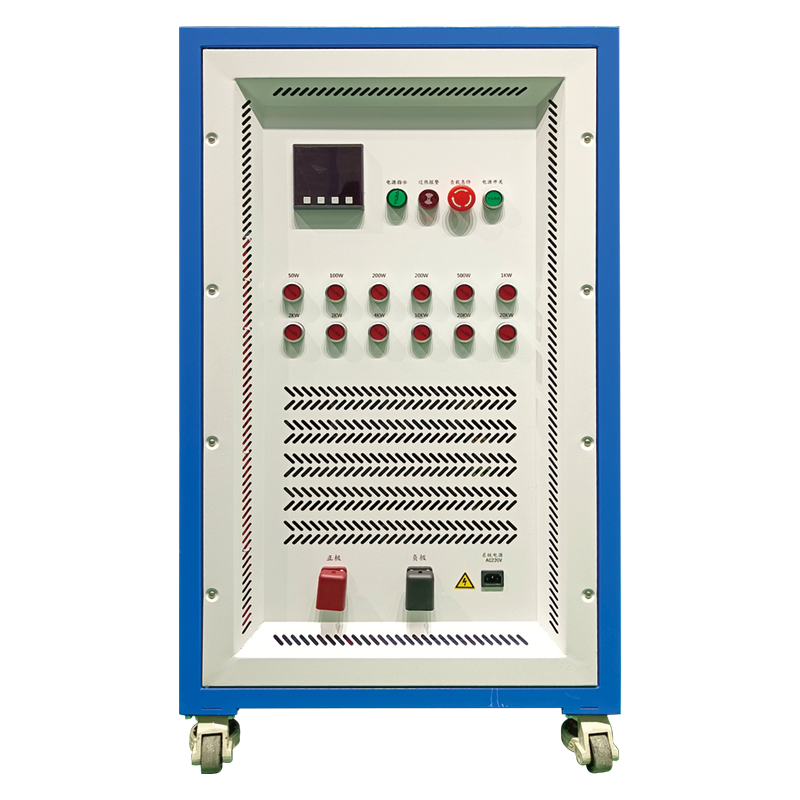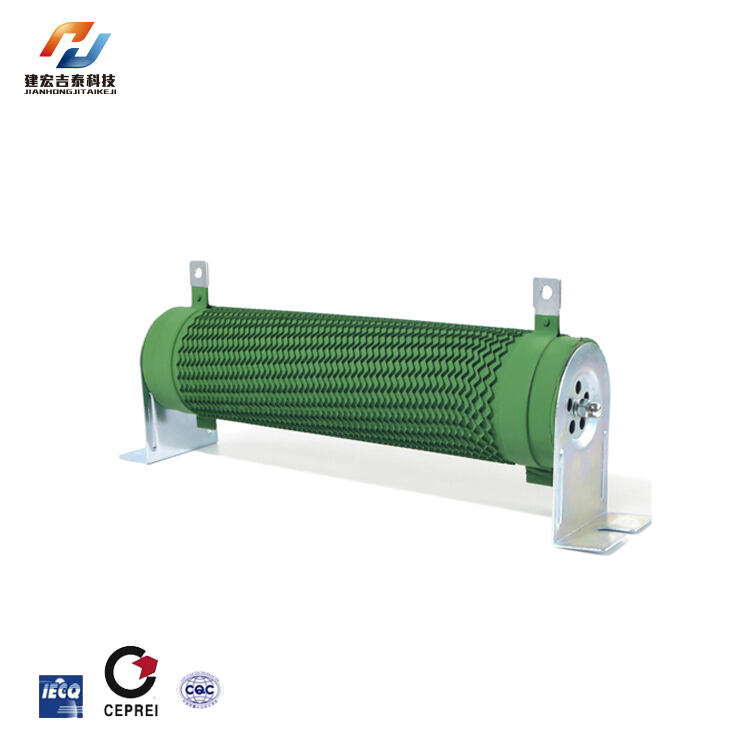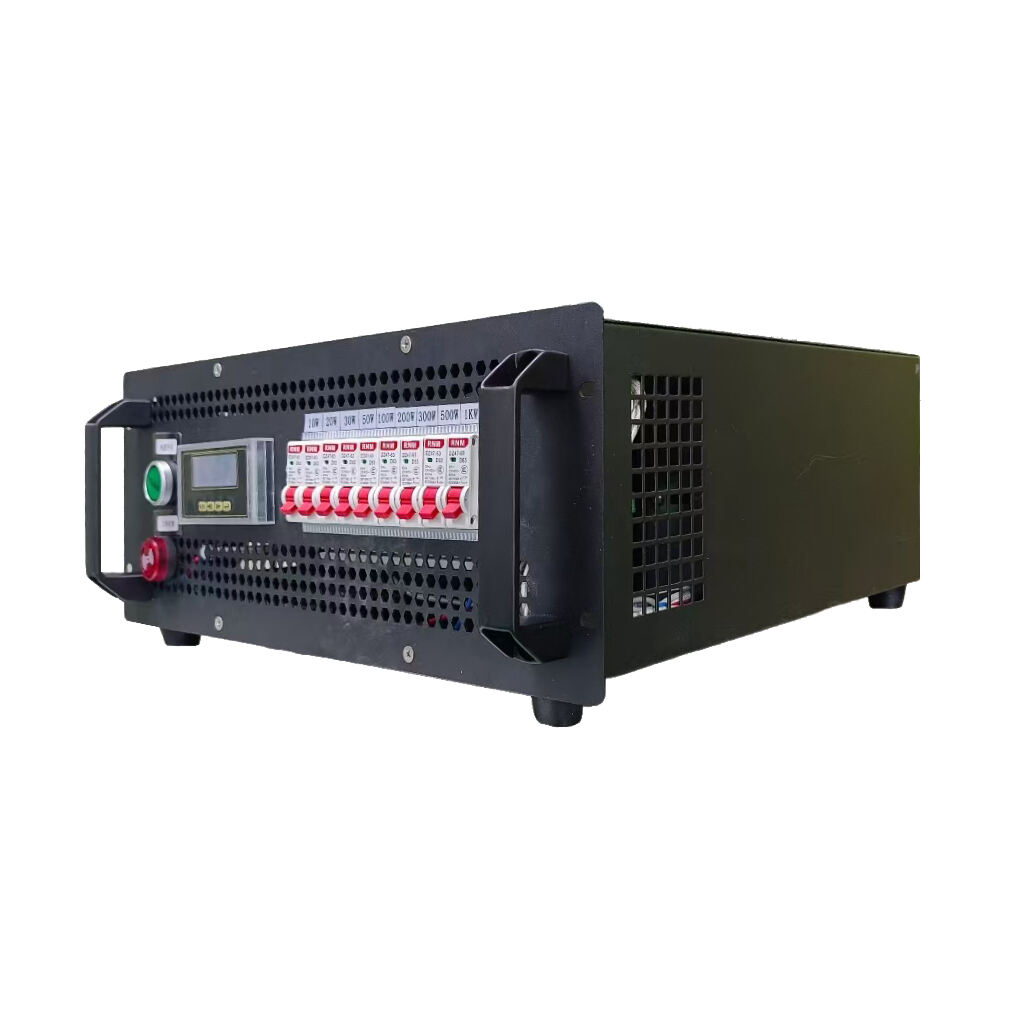Aplicațiile rezistorilor din carcasă de aluminiu de mare putere în vehiculele de energie nouă
Pe măsură ce industria auto continuă să treacă spre tehnologii mai ecologice, noi tipuri de componente electrice devin esențiale pentru îmbunătățirea performanței și siguranței. Printre aceste componente, rezistențele de înaltă putereRezistori din carcasă de aluminiuse remarcă ca jucători cruciali în dezvoltarea vehiculelor cu energie nouă (NEV).
Înțelegerea rezistențelor din carcasă de aluminiu de înaltă putere
Ce sunt rezistențele din carcasă de aluminiu?
Rezistențele din carcasă de aluminiu sunt rezistențe cu fir înfășurat care sunt encapsulate într-o carcasă din aluminiu. Acest design servește mai multor scopuri: nu numai că oferă protecție mecanică, dar oferă și o disipare superioară a căldurii, esențială pentru aplicațiile de înaltă putere. Aceste rezistențe sunt deosebit de preferate în medii dure, unde durabilitatea și performanța sunt esențiale.
Caracteristici cheie ale rezistențelor din carcasă de aluminiu
Rezistențele din carcasă de aluminiu sunt cunoscute pentru ratingurile lor mari de putere, precizie și fiabilitate. Unele caracteristici critice includ:
- Durabilitate: Construit din aliaje de aluminiu de înaltă calitate, care prezintă proprietăți antioxidante puternice și rezistență la stres mecanic.
- Dissipare căldurii: Carcasa de aluminiu acționează ca un radiator de căldură, permițând o gestionare termică eficientă.
- Stabilitatea Rezistenței: Acești rezistori mențin niveluri constante de rezistență pe o gamă largă de temperaturi, oferind fiabilitate în diverse aplicații.
Beneficiile utilizării rezistorilor cu carcasă din aluminiu în diverse industrii
Rezistorii cu carcasă din aluminiu aduc beneficii substanțiale în multiple sectoare. Ei oferă:
- Designuri Compakte: Amprenta lor mică permite designuri care economisesc spațiu, esențiale în aplicații precum vehiculele electrice, unde spațiul este limitat.
- performanță îmbunătățită: Capacitatea de a gestiona temperaturi ridicate în timpul funcționării asigură stabilitate și fiabilitate, făcându-i potriviți pentru aplicații critice în electronica de putere.
Aplicațiile rezistorilor cu carcasă din aluminiu în vehiculele de nouă energie
Integrarea rezistorilor cu carcasă din aluminiu în vehiculele de nouă energie îmbunătățește funcționalitatea acestora în mai multe moduri.
Rol în sistemele de vehicule electrice
În vehiculele electrice (EV), aceste rezistoare sunt esențiale pentru sistemele de frânare, gestionarea energiei și distribuția puterii. Ele ajută la divizarea tensiunii, la deviere și la limitarea curentului - funcționalități critice care asigură funcționarea sigură, stabilă și eficientă a sistemelor electrice ale vehiculului.
Impact asupra gestionării termice
Gestionarea termică este unul dintre cele mai critice aspecte ale designului vehiculelor electrice. Rezistoarele din aluminiu de mare putere ajută la menținerea temperaturilor optime de funcționare, prevenind supraîncălzirea și astfel extinzând durata de viață atât a rezistorului, cât și a altor componente electrice. Designul lor permite o integrare ușoară în sistemele existente de gestionare termică, îmbunătățind performanța generală.
Utilizare în sistemele de stocare a energiei
Rezistențele cu carcasă din aluminiu sunt cruciale în gestionarea sistemelor de stocare a energiei, în special în sistemele de gestionare a bateriilor (BMS). Ele ajută în funcții precum reglementarea încărcării-dezechilibrării, asigurându-se că energia este utilizată eficient, protejând în același timp integritatea sistemelor de stocare.
Specificații tehnice și metrici de performanță
Puteri nominale și niveluri de toleranță
Rezistențele cu carcasă din aluminiu vin cu o gamă de puteri nominale adaptate pentru diferite aplicații. Puterile nominale tipice pot varia de la 10W la peste 2000W, în timp ce nivelurile de toleranță pot varia între ±1% și ±10%, în funcție de cazul de utilizare specific.
Strategii de disipare a căldurii
Designul rezistențelor cu carcasă din aluminiu promovează în mod inerent disiparea eficientă a căldurii. Multe dintre ele folosesc radiatoare suplimentare pentru a optimiza și mai mult performanța în aplicațiile cu căldură ridicată, asigurându-se că temperaturile de operare rămân în limite sigure.
Variabilitatea valorii rezistenței
Variabilitatea valorilor de rezistență este o considerație esențială în proiectarea și implementarea sistemelor care utilizează acești rezistori. Valorile comune pot varia foarte mult—de obicei de la ohmi la câțiva kilo-ohmi—acoperind diverse nevoi de aplicație.
Analiză Comparativă: Rezistor cu Carcasă din Aluminiu vs. Alte Rezistori
Durabilitate și Rezistență la Mediu
Comparativ cu alte tipuri de rezistori, rezistorii cu carcasă din aluminiu demonstrează adesea o rezistență superioară la mediu. Aceștia sunt mai puțin susceptibili la daune mecanice și coroziune, făcându-i ideali pentru aplicații industriale și auto, unde condițiile de mediu pot fi extreme.
Cost-Eficiență în Aplicații la Scară Mare
Durata lungă de viață și fiabilitatea rezistorilor cu carcasă din aluminiu se traduc adesea în costuri de întreținere mai mici comparativ cu rezistorii tradiționali. Pentru organizațiile care investesc în producție sau aplicații la scară mare, acest lucru poate duce la economii substanțiale în timp.
Concluzie
Rezistoarele din aluminiu de înaltă putere joacă un rol esențial în funcționalitatea și eficiența vehiculelor cu energie nouă. Designul lor robust și capacitățile impresionante de gestionare termică contribuie la cererea tot mai mare de sisteme electrice fiabile și eficiente în peisajul auto în evoluție. Pe măsură ce industria avansează, integrarea acestor componente va fi cu siguranță un aspect crucial în proiectarea următoarei generații de vehicule electrice.
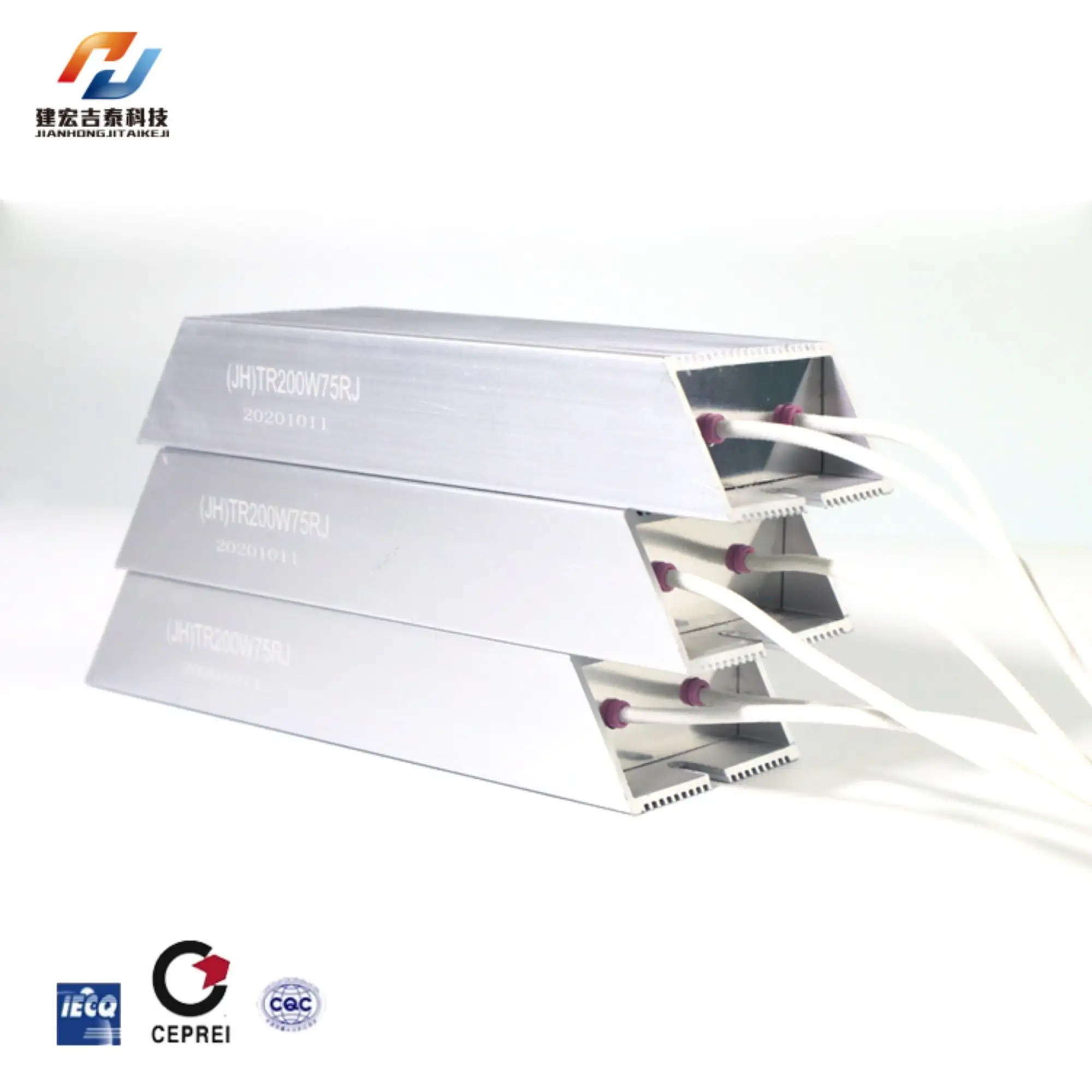
Recommended Products
Hot News
-
Care sunt funcțiile cutiei de încărcare AC pentru detectarea alimentării cu energie și întreținerea
2024-01-11
-
Caracteristicile și metodele de utilizare ale bancii de încărcare a setului de generator
2024-01-11
-
Funcția bancii de încărcare
2024-01-09
-
Explorați tipurile și caracteristicile rezistorilor: rezistori fixați și variabili
2024-01-09
-
Cum funcţionează rezistorii şi aplicaţiile lor în circuite
2024-01-09
-
Bancile de sarcină: asigurarea performanței optime în medii de testare a puterii
2024-10-21
-
Explorarea avantajelor rezistorilor cu fir de sârmă pentru aplicații de precizie
2024-10-14
-
Înțelegerea beneficiilor rezistorilor din aluminiu în aplicații de înaltă performanță
2024-10-08

 EN
EN
 AR
AR BG
BG HR
HR CS
CS DA
DA NL
NL FI
FI FR
FR DE
DE EL
EL IT
IT JA
JA KO
KO NO
NO PL
PL PT
PT RO
RO RU
RU ES
ES SV
SV TL
TL ID
ID LT
LT SR
SR SK
SK UK
UK VI
VI HU
HU TH
TH TR
TR AF
AF MS
MS GA
GA BN
BN LO
LO LA
LA NE
NE MY
MY UZ
UZ